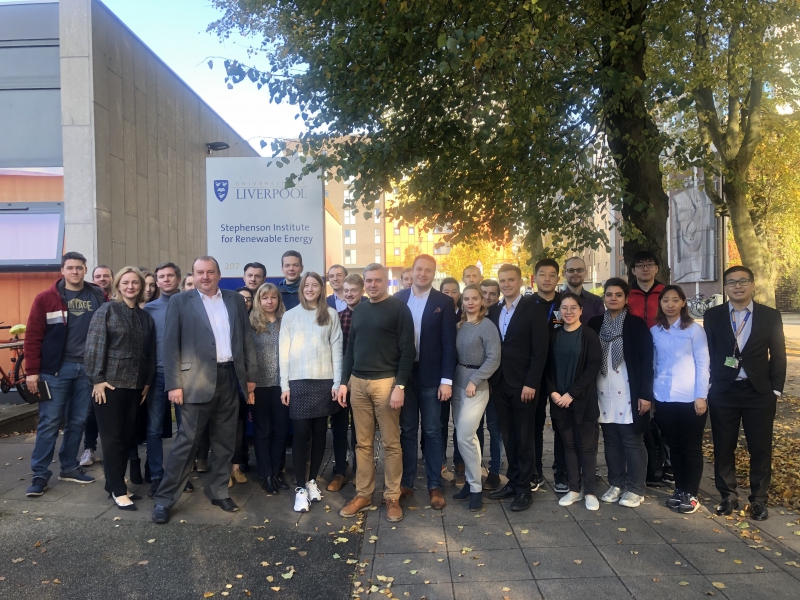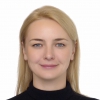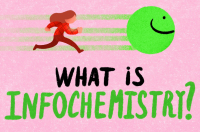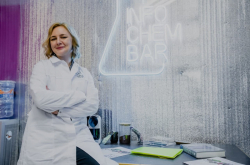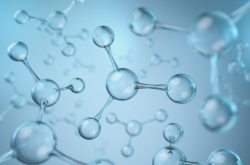The workshop was organized by Ekaterina Skorb, a professor of ITMO University’s ChemoBio Cluster and leader of the Infochemistry of self-organizing systems research group, and Dmitry Shchukin, a professor at the University of Liverpool. The two scientists started collaborating back in 2007 when they participated in a project on the development of functional surfaces.
The aim of this year’s project was the exchange of expertise in the development of new materials for sustainable energy between the UK and Russia. The British Council provided support in organization of the workshop. According to the rules of the program, the organizing universities had to choose three professors each. These professors were then to pick 15 young scientists (primarily PhD students and postdocs) from different universities of Russia and the UK. The Russian side was represented by researchers from such institutions as ITMO University, Bauman Moscow State Technical University, St. Petersburg State University, Gubkin University, and the N.D. Zelinsky Institute of Organic Chemistry Russian Academy of Sciences.
Program
Over the course of this intensive three-day program, the participants had the opportunity not only to present their own projects, but also to socialize and discuss their shared scientific interests and the possibility of future collaboration. The main topics were self-organization in chemistry, biology and mathematics, biological systems programming, soft matter and soft robotics systems development, mathematical algorithms and models of chemical systems.
According to Ekaterina Skorb, the interdisciplinary approach was the main feature of the workshop.
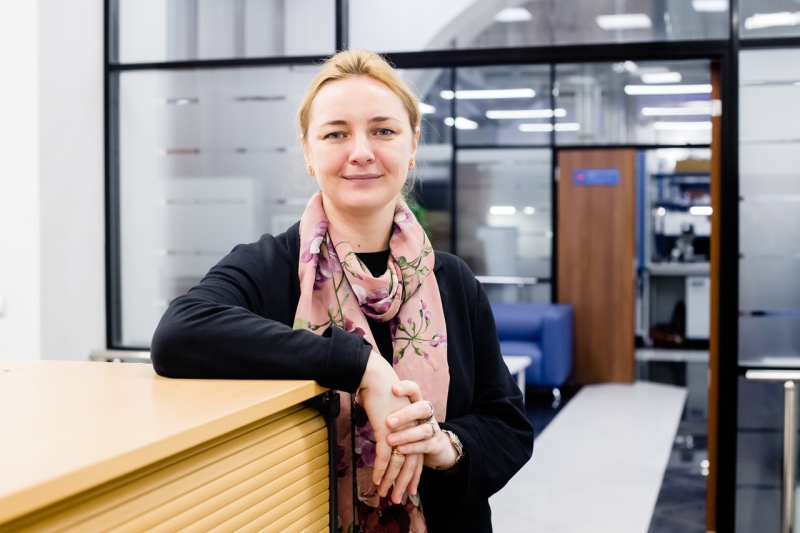
“In my opinion, the British Council chose this particular project mainly because it was an interdisciplinary one. And we specifically stressed that point. For instance, there are not only chemists, but also mathematicians and physicists among our mentors. Moreover, we built our program around the topics of mathematical approaches in chemistry, programming in biology and many more; everything, in fact, that had to do with the future of our Infochemistry Science Center that is currently in development. This center is designed for specialists studying far-from-equilibrium systems and biological system models,” says Ekaterina.
Apart from reports and project presentation, the program included daily excursions to various University of Liverpool laboratories. For example, the participants got to learn more about the University’s industrial projects on the development of nanostructured energy capsules and robotic systems applied in the field of photocatalytic systems. The latter is actually a wholly automated laboratory where a robot performs all the routine tasks – from chemical synthesis of the photocatalyst to its warming-up and dynamic characterization.
Moreover, as Ekaterina Skorb highlights, representatives of companies working in the field of solar energy and functional surfaces development took part in the workshop. They described a step-by-step transition of a scientific project from laboratory conditions to industrial application.
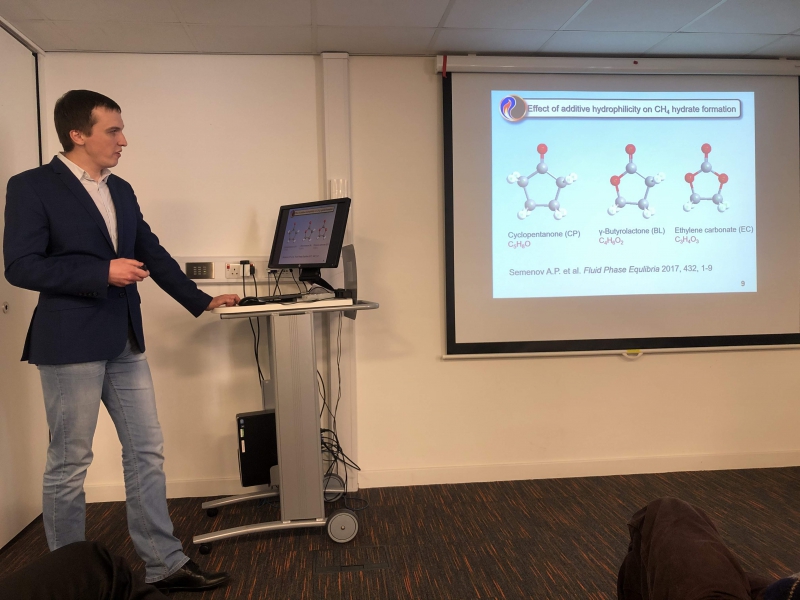
Projects
Every participant came to Liverpool with their own project. For example, Konstantin Nikolaev, a researcher of ITMO’s ChemBio Cluster, a PhD in chemistry, presented his studies in the field of chemical perceptrons.
A perceptron is actually a type of an elementary artificial neural network. The term was coined in the 1960s by Frank Rosenblatt, a neurophysiologist who created the blueprint of a machine that would model human perception.
“The idea of a perceptron or a neural network is, of course, not brand new. It was generally based on the fact that when we get certain data, we can analyze it and identify common elements through empirical means. In our case, a chemical perceptron, as any ideal chemical neural network, is data that could be evaluated, calculated and used to predict the outcome. It is a large ensemble of certain chemical reactions that could be classified in order to understand why they happen,” explains Konstantin Nikolaev.
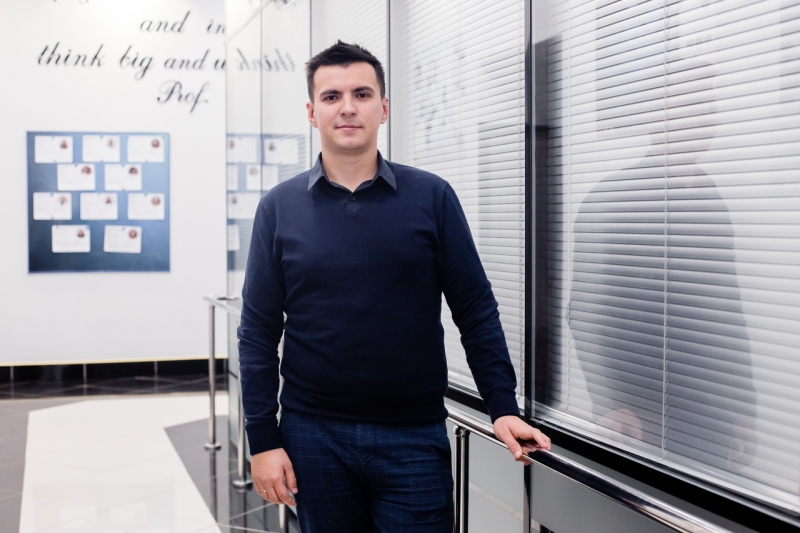
Konstantin is currently studying the liquid Galinstan (gallium and indium alloys), these days ubiquitously used in flexible electronics, and trying to create various interfaces on their surface. In this alloy, gallium is prone to oxidation and can form diode and memristor interfaces. It depends on several conditions; for instance, on the voltage applied by the researcher and changes in other parameters. Thus, as Konstantin explains, we can create a system of electrodes, get feedback from it, classify this data and determine which of the parameters is responsible for which process.
Konstantin Nikolaev underlines that even though this project is supposed to answer some fundamental questions, it can be extremely useful for solving practical issues.
“There are many industrial examples that demonstrate the applicability of such research. The chemical industry, for example, where there are many input parameters. Knowing these parameters, we can control them and connect them in a specific way. Nowadays, they are normally connected randomly. An analogy can be drawn to medicine, where we do a lot of blood tests but only once a year. If we create an affordable sensor system that is constantly running many tests, we would be able to determine particular causes of illnesses and better explain the results that we get. The same goes for industry: if we find a way to fundamentally explain complex systems, we would be able to efficiently manage them,” he continues.
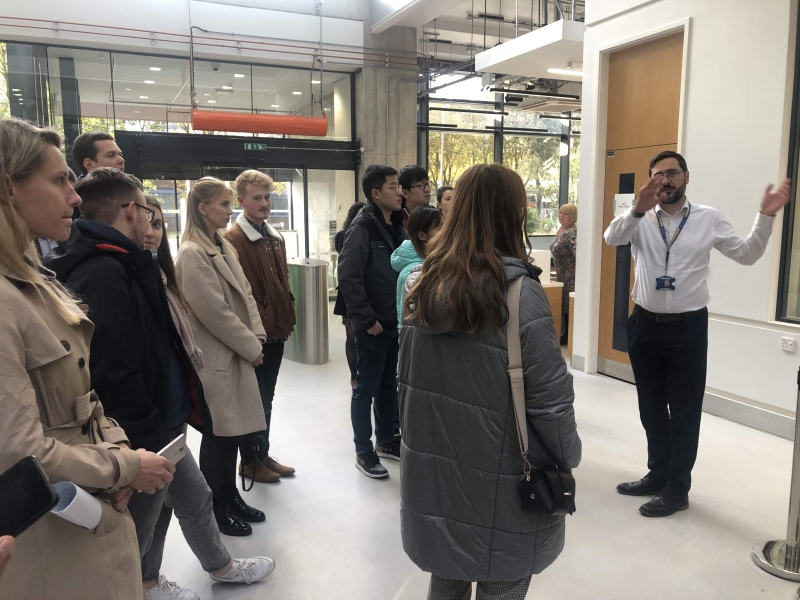
Other ITMO University specialists, as well as the staff of Airalab Rus company, presented projects that united chemistry, IT, management systems and robotics. All of the projects had a common topic: dynamical chemical processes programming and biological systems simulation.
Results and prospects
Over the course of the workshop, young scientists could not only receive advice from their mentors but also exchange contact details for further collaboration. For example, Konstantin Nikolaev secured support from researchers at the University of Liverpool’s IT department.
“I established a lot of useful connections during the workshop and could finally meet in person some colleagues that I’d only known by correspondence. We discussed my current work and related projects,” says Konstantin. “It is very important nowadays to collaborate with mathematicians and IT specialists. I also benefited a lot from working with mentors who walked us through such collaboration. For it to be successful, we have to understand the purpose of this interdisciplinary teamwork.”
According to Natalia Mamchik, a researcher at the Infochemistry of self-organizing systems research group, the project was a great opportunity to discuss prospective approaches in contemporary science, self-organizing systems and the possibility of applying mathematical approaches in chemistry.
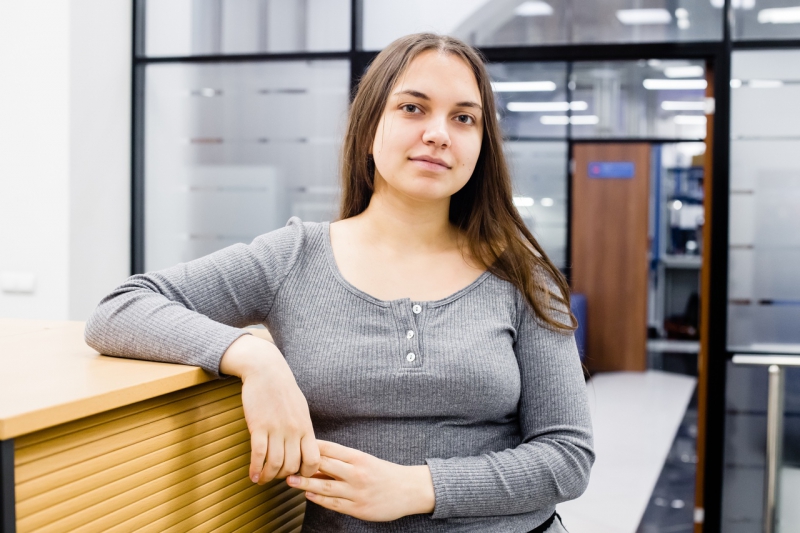
“I conduct research in the field of dendritic structures. These are interesting primarily because we observe similar patterns in nature. Thus, the purpose of our work is to use a simple chemical system to explain how these complex processes occur in nature. Recently, we have discovered a very interesting effect during our experiments that we now have to explain mathematically to figure out the connections that underlie it. The workshop was very productive, as we heard various reports from our colleagues and had a chance to meet them in person. Moreover, we had a fascinating mini-workshop that was devoted specifically to our project,” elaborates Natalia.
The workshop included not only PhD students and postdocs, but also students that had just started their scientific careers. Thus, it was a chance for them to establish new contacts in the field of their scientific interests.
“The greatest benefit of such workshops is, in my opinion, that you’re able to find projects that are similar to yours and collaborate with people who work in your rhythm and in your field. Together you can discuss new ideas and they can give you feedback, because it is always important to see your own work from a different angle,” says Varvara Alabusheva, a first-year student of ITMO University’s ChemBio Cluster and an employee at the Infochemistry of self-organizing systems research group.
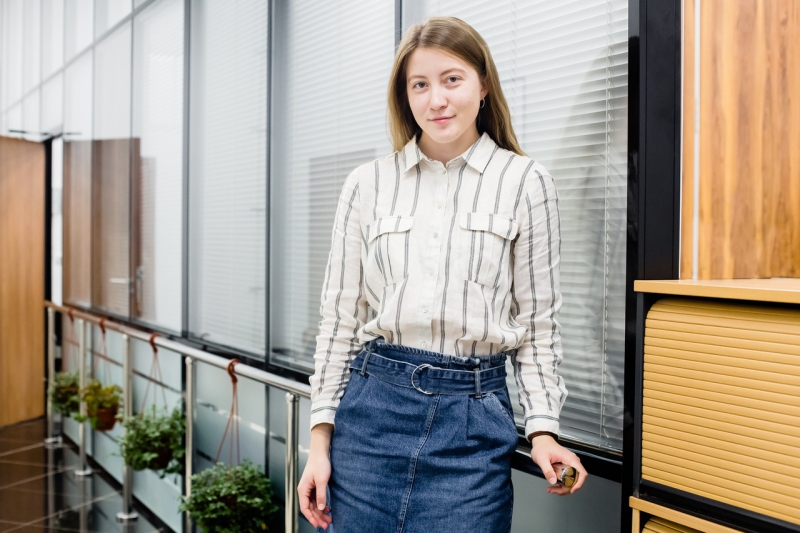
Ekaterina Skorb underlines that this project by ITMO University and University of Liverpool is aimed at long term-collaboration. The researchers plan on organizing another workshop next year, hosted by ITMO University.
“You cannot do science on your own these days. And this program is mainly created for researchers to establish common interests, communicate and collaborate. Fortunately, we were able to put together a team of like-minded people who have a lot to discuss and a lot to do together, not just this once. I got to meet the specialists that I’d wanted to partner with for a long time. We decided that a number of our colleagues will come to St. Petersburg where they will meet our young scientists, among other things. That may be the beginning of a new major project,” concludes Ekaterina Skorb.
